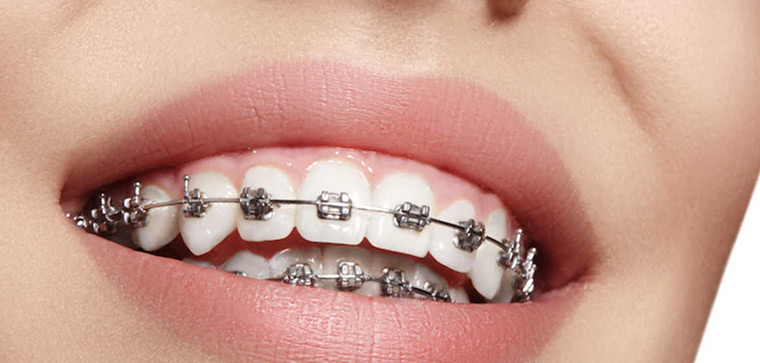The Most Advanced Braces Available
At Smile Wellness, we believe you deserve the most advanced treatment available. That’s we use some of the most advanced orthodontic brackets on the market.
We offer several kinds of metal braces and will help you choose the perfect fit for your smile and budget.
A Traditional Look With Metal Braces
Victory Series Low Profile brackets are known not only for the beautiful smiles they create but, more importantly, for their smooth, comfortable design.
Other brackets have sharp edges that can irritate your lips and gums. Victory Series brackets are made of an extremely smooth and polished high-grade stainless steel that is gentle and so small you’ll forget they’re even there.
Trusted Treatment From a Trusted Team
Traditional braces have been around for a long time, and they’re probably the most recognizable symbol of orthodontics.


